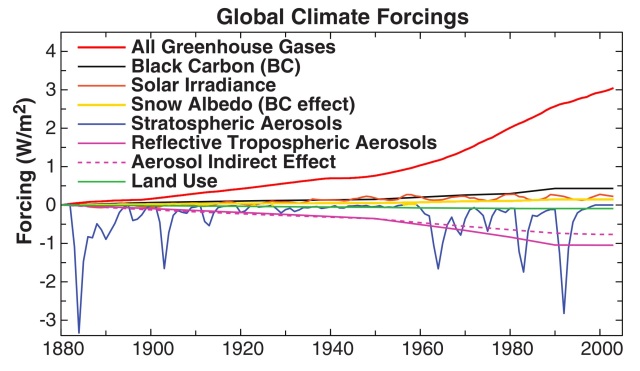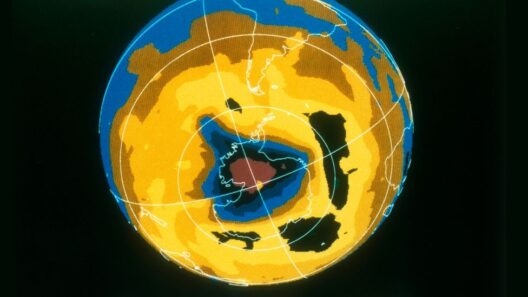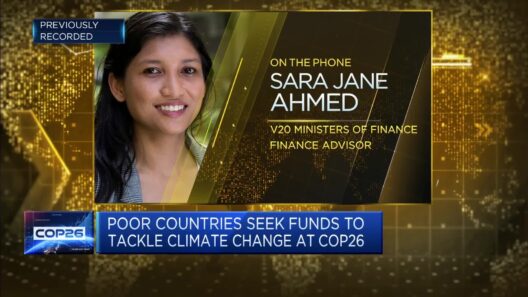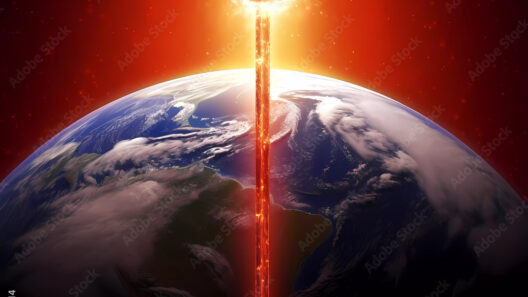In the realm of scientific inquiry, the pursuit of truth can be likened to a vast ocean, with experts navigating its depths in search of understanding. As the waves of climate data crash against the shores of public discourse, a pressing question looms: Do 99% of scientists believe global warming is man-made? This query, though seemingly straightforward, beckons a deeper exploration of the consensus within the scientific community regarding anthropogenic climate change.
The consensus that has emerged amid this scientific tumult is not merely the product of a single study or a constellation of researchers, but rather a vast tapestry woven from countless investigations across numerous disciplines. The term “consensus” itself can sometimes evoke skepticism; it may sound like an echo in the cavernous halls of politics. Yet in the scientific arena, consensus is arrived at through rigorous methodology, peer review, and an unwavering commitment to truth.
Numerous extensive studies have attempted to quantify the beliefs of scientists regarding climate change. A pivotal piece of research, which meticulously delved into published climate studies, found that approximately 97% of climate scientists agree that human activities are likely the dominant cause of global warming since the mid-20th century. This statistic can almost seem unfathomable for those entrenched in the quagmire of misinformation. It’s a shining beacon for advocates pushing against the looming shadows of denial.
To further dissect the assertion that 99% of scientists believe global warming is man-made, one must appreciate the methodology behind such claims. Reflecting a commitment to nuance, leading climate organizations, notably the Intergovernmental Panel on Climate Change (IPCC), has compiled assessments from thousands of scientific papers. These assessments reveal a staggering coherence in findings: the overwhelming majority of climatological research supports the conclusion that human activities—predominantly fossil fuel consumption—are the primary drivers of recent temperature anomalies.
It can be likened to a collective symphony, where each instrument, be it paleoclimatology, atmospheric science, or oceanography, contributes to a harmonious understanding of climate dynamics. When various scientific disciplines converge on a similar conclusion, it creates an authoritative chorus rather than isolated notes, reinforcing the argument that climate change is not a mere fluctuation in natural cycles but a palpable crisis fueled by human action.
The complexities of climate science often lead individuals to grapple with misconceptions surrounding causality. Some point to historical climate fluctuations as evidence that current changes might likewise be part of a natural cycle. Yet such arguments fail to acknowledge the unprecedented pace and scale of today’s changes. This is akin to observing a torrential downpour and asserting it mirrors a harmless drizzle simply because both involve precipitation; the context is fundamentally altered.
Furthermore, it is essential to differentiate between scientific opinion and public perception. While scientists overwhelmingly acknowledge the role of humanity in climate change, the general populace often grapples with their understanding—swayed by media portrayals and intentionally misleading narratives. This discrepancy serves to cloud the critical message that climate action is not just wise; it is imperative.
Biased interpretations and cherry-picked studies can obfuscate the genuine scientific dialogue, distorting the reality of consensus. Critics may assert that dissenting voices exist among scientists; indeed, dissent is healthy in any scientific discourse. However, the dissent in climate science is notably minimal and often lacks the robust empirical backing essential for establishing a legitimate counter-argument.
The stakes of this discussion cannot be overstated. The implications of recognizing or dismissing the role of human activity in climate change extend into policy, economics, and ultimately the very fabric of existence on Earth. Environmental policies work on the double-edged sword of foresight and malfeasance: failing to acknowledge the alarming truths may plunge society into ecological chaos, whereas proactive measures can lead to sustainable development and a healthier planet.
Moreover, addressing the anthropogenic nature of climate change ought to galvanize collective action. It acts as a clarion call for innovation in renewable energy, sustainable agriculture, and resilient infrastructure. The potential for human ingenuity shines brightly amidst the looming shadows of climate disaster. The notion that humanity is to blame does not herald despair; rather, it serves as both a challenge and an opportunity—a chance to engender resilience, creativity, and stewardship of our environment.
Nevertheless, to navigate the complexities of climate change and its attribution requires not only scientific knowledge but also public engagement. Education and awareness are essential tools, enabling individuals to comprehend the scientific consensus and its repercussions. This knowledge empowers people to demand accountability from leaders and to advocate for policies that reflect the irrefutable findings of climate science.
As stewards of the Earth, the onus falls on humanity to transform acknowledgment into action. Whether through grassroots movements, policy reforms, or shifts in corporate responsibility, the imperative remains to act decisively in the face of evidence. The journey towards addressing climate change may be arduous, filled with obstacles akin to a winding path through a dense forest. Yet, the destination—a sustainable future—is worth every effort.
The question of whether 99% of scientists believe global warming is man-made leads us to a profound realization: it is not merely about belief but about understanding the reality of our times. As the scientific community strives to unveil the truth, it is incumbent upon every individual to engage with this knowledge and contribute to a trajectory of meaningful change.








